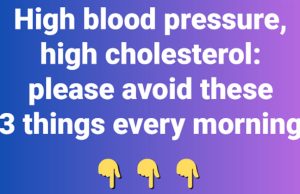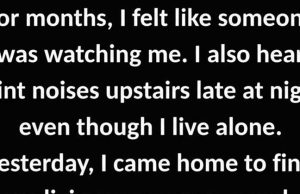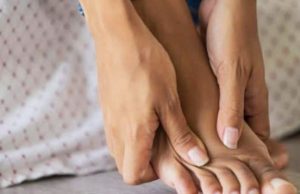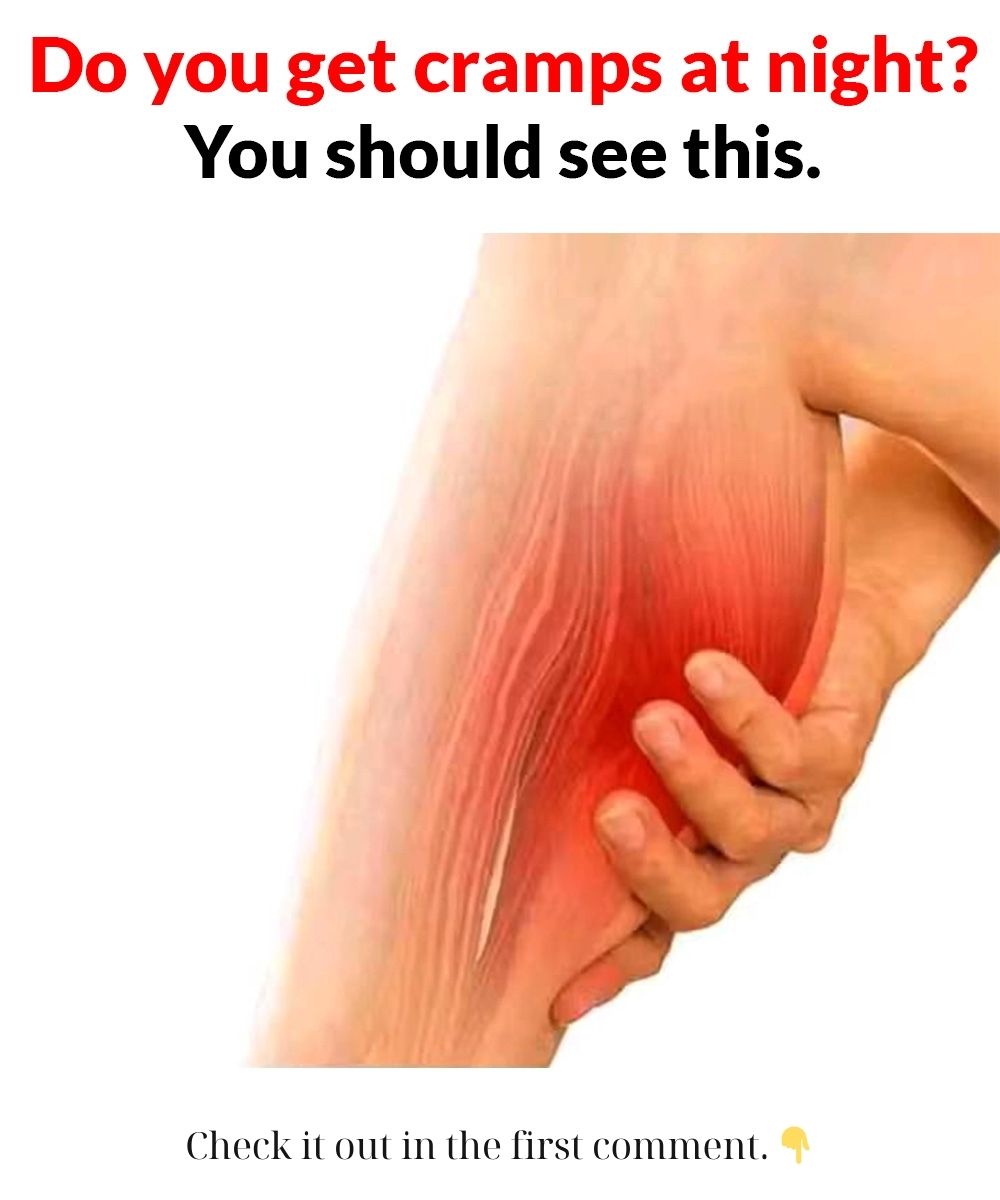
Most of the time, the cause of nighttime leg cramps is unknown. In general, they are likely due to muscle fatigue and nerve problems. The risk of nighttime leg cramps increases with age.
Causes
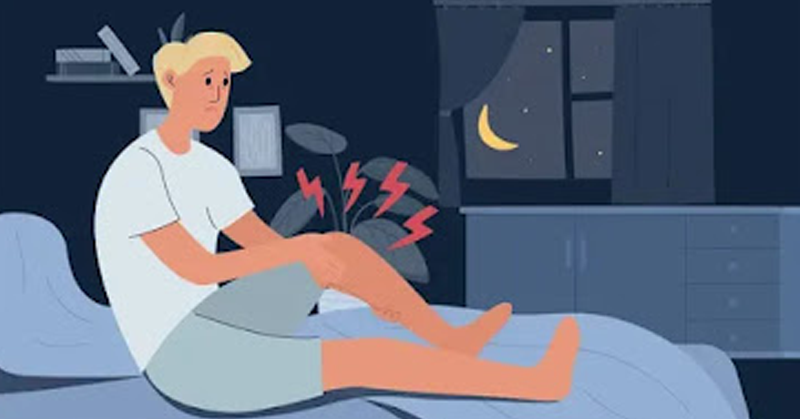
Most of the time, the cause of nighttime leg cramps is unknown. In general, they are likely due to muscle fatigue and nerve problems.
The risk of nighttime leg cramps increases with age. Pregnant women are also more likely to experience them.
Kidney failure, nerve damage from diabetes, and blood circulation problems are known to cause nighttime leg cramps. However, if you have any of these conditions, you probably already know it and may experience other symptoms in addition to nighttime leg cramps.
People taking medications that increase urine production may be more likely to experience nocturnal leg cramps, although it is unknown if there is a direct link.
Restless legs syndrome is sometimes confused with nocturnal leg cramps, but they are different conditions. The most common symptom of restless legs syndrome is the urge to move the legs when falling asleep. Restless legs syndrome is usually not painful, and symptoms last longer than nocturnal leg cramps.
These are other health problems that can sometimes be linked to nocturnal leg cramps:
Acute kidney injury
Addison’s disease
Alcohol use disorder
Anemia
Chronic kidney disease
Cirrhosis (liver scarring)
Dehydration
Dialysis
High blood pressure (hypertension)
Hyperthyroidism (overactive thyroid), also called overactive thyroid.
Hypoglycemia
Hypothyroidism (underactive thyroid)
Lack of physical activity
Medications, such as those used to treat blood pressure and high cholesterol, and birth control pills
Muscle fatigue
Parkinson’s disease
Peripheral artery disease
Peripheral neuropathy
Pregnancy
Spinal stenosis
Type 1 diabetes
Type 2 diabetes
When to see a doctor

For most people, nighttime leg cramps are just an annoyance, sometimes something that wakes them with a start. However, some people with these cramps may need to see a healthcare provider.
Seek immediate medical attention if you experience the following:
Severe cramps that persist.
Nighttime leg cramps after coming into contact with a toxin, such as lead.
Schedule an office visit if:
You are tired during the day because leg cramps disrupt your sleep.
You experience muscle wasting and weakness along with leg cramps.
Self-Care
To help prevent leg cramps at night, try the following:
Drink plenty of fluids, but limit alcohol and caffeine.
Stretch your leg muscles or use a stationary bike for a few minutes before bed.
Loosen sheets and blankets at the foot of the bed.
To relieve leg cramps at night, try the following:
Straighten your leg and flex your foot toward your face.
Massage the muscle with ice.
Walk or shake your leg.
Take a hot shower and direct the water at the tense muscle, or take a lukewarm bath.




